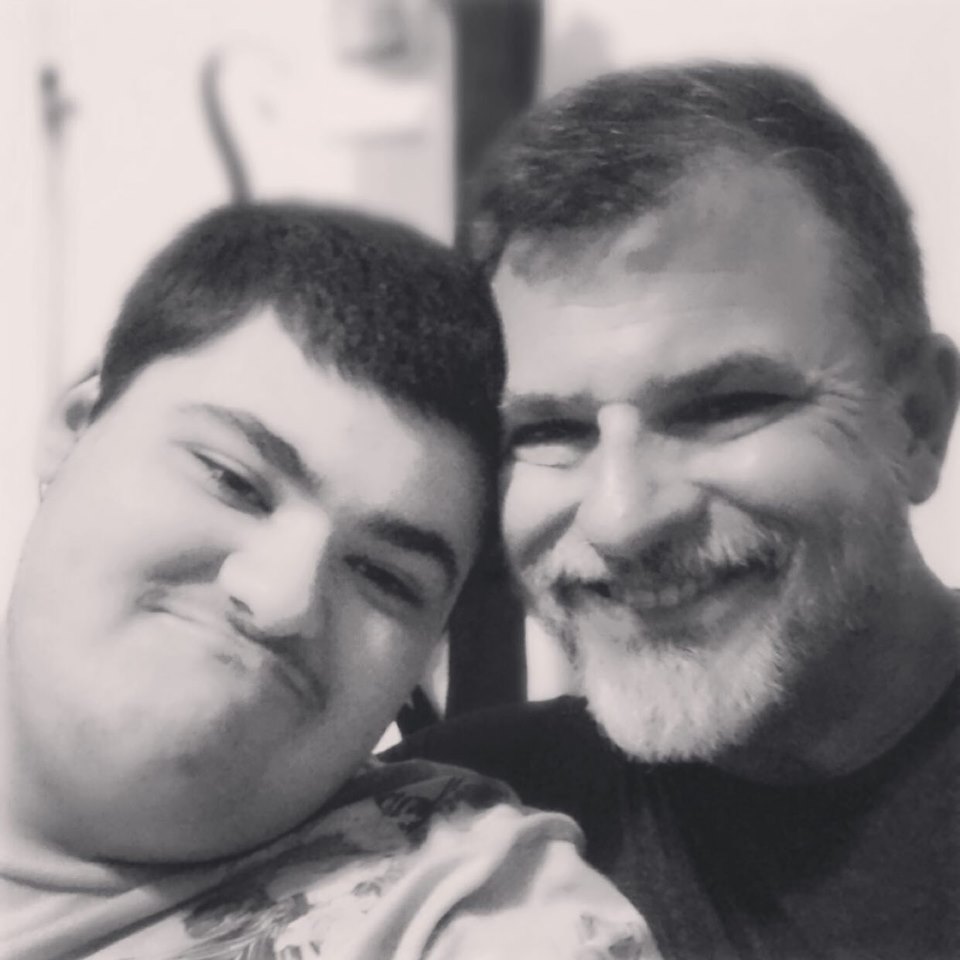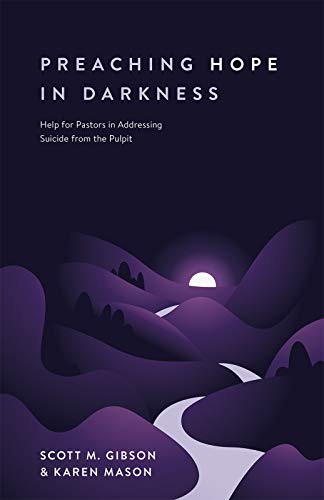This article was originally written in August 2018, following the death of Andrew Stoeklein. I’ve updated it with a few new links and better formatting.

Like many of you, I was deeply moved this past week when I heard of the suicide of Andrew Stoecklein, the 30-year-old pastor of the Inland Hills Church. Those who know me likely know how deeply this story touched me. My brother committed suicide in 1999. My grandfather had also committed suicide just months before I was born. The stigma of suicide has been an ever-present cloud over my family.
And so I hope it was more than just morbid curiosity that moved me to listen to Andrew’s last two messages. I wanted to hear something familiar in his voice—maybe something I missed in my last conversation with my brother or something I could listen for in the next conversation. I may have even been curious to hear something I might have caught in my own voice when I’m experiencing times of excessive stress.
Maybe it’s hindsight—and it likely is—but Andrew’s second to last sermon sounded like a cry for help to me. His final sermon, full of rabbit trails and slurred speech, seemed less a cry for help as a resignation that this was now his normal.
Having given a week to process the news and the grief I have felt for this pastor and his family, I’ve come away with no answers but a few thoughts and concerns. I offer them here with no promise of deep insights.
His Leadership Did Everything They Could to Help
The story of Andrew’s stress didn’t begin two weeks ago, obviously. His story is of his father’s death from cancer, the stress of ministry and being in the public eye (including a stalker), and the stress of building a new home. He experienced a breakdown about six months ago, at which time his leadership graciously stepped in and gave him a sabbatical. I’m sure they’re feeling a lot of guilt, but they should be commended for such gracious and loving care.
And for every one of my colleagues who seem to believe that a sabbatical will fix everything—pay attention! Your six-month sabbatical isn’t the golden ticket out of your mess. Stop approaching it as such.
Maybe There’s Something to This Notion of “Too Young, Too Much, Too Soon.”
Andrew was 30 years old and leading a large congregation. Admittedly, I haven’t seen thirty since the Clinton administration. Back in my twenties, I was “lead pastor” at a church (mind you, we just called it “preacher” back then). It was a church of about 50-60 people, and I was way over my head.
The trend for some time now has been younger and younger people leading bigger and bigger churches. I’m sure what I say could easily come across as a grumpy old guy complaining about the dang kids on his lawn, but I’ll confess that at thirty, I didn’t have what it would take to lead a large church. I still don’t have it at fifty-one!
We need to admit that some very foundational benefits come with age. Over and over again in the Bible, we see the example of God taking time to mold and mature his leaders. Joseph spent years in prison honing his skills in leadership. Moses spent 40 years as a shepherd, and then when he was finally ready to lead his people, he still relied on the advice of his elders and the support of a team. Paul went home and made tents until he was ready to take his first mission trip.
And I know we pay lip service to these stories. Maybe they deserve more. Maybe we need to stop worshiping youth and actually follow the examples God has laid out for us.
Can you imagine what perspective a 60-year-old Andrew Stoecklein might have been able to offer to struggling young believers? What wisdom could he have gained in his own wilderness before stepping into leadership?
And Finally: There But for the Grace of God Go I . . . Or Any of Us
I often think about my brother’s suicide. I know he suffered from depression, and I know he was stressed about his job. But I look at my own stresses, and at times I wonder, “Why am I not depressed?” And, “What if I’m depressed and I don’t know it?!?!?”
I’ve honestly asked that question of a counselor. He patiently listened to my story, assessed my stress, and then told me all the things I was doing right and a few things I could do better. I truly appreciated that conversation.
Yes, I have stress. Most of my stress is named Connor. Connor, my 15-year-old son, is profoundly autistic. He requires constant care. Sometimes sleep is elusive for our entire family. There are tantrums, breakdowns, and occasionally really bad days.
Sometimes Connor has them too!

But there are also hugs, tickles, and a lot of laughter. Still, understand this: I might be able to take a sabbath from my ministry, but I can never take a sabbath from Connor. This is the life I have, and it’s stressful.
In fact, the Bible says as much
Galatians 6:2 tells us, “Bear one another’s burdens, and so fulfill the law of Christ.” That verse tells me two things. First, I need to pay attention to the burdens that my friends are bearing. Are they too much for them to carry alone? I fulfill Jesus’ call to “love one another” (John 13:34, the “law of Christ” Paul was writing about) when I help someone else carry their burden.
There’s another side to Galatians 6:2 that I need to remind myself of, and you likely do as well. I also fulfill that call when I let someone close enough that they bear my burden with me. If I’m truly obeying the call to love one another, then I need to let another love me, also. I’m not doing myself or the Kingdom of God any favors by keeping it all inside and simply saying, “I’m fine.”
I’m not fine. You’re not fine. Let’s be sure other people know that. Let’s fulfill the law of Christ together.
A Few Resources
A few years ago, I preached a sermon on suicide with reflections on my brother’s death. Click below to listen to the message.

Preaching Hope in Darkness is a fantastic book on addressing suicide from the pulpit. Click Here to read my review.
